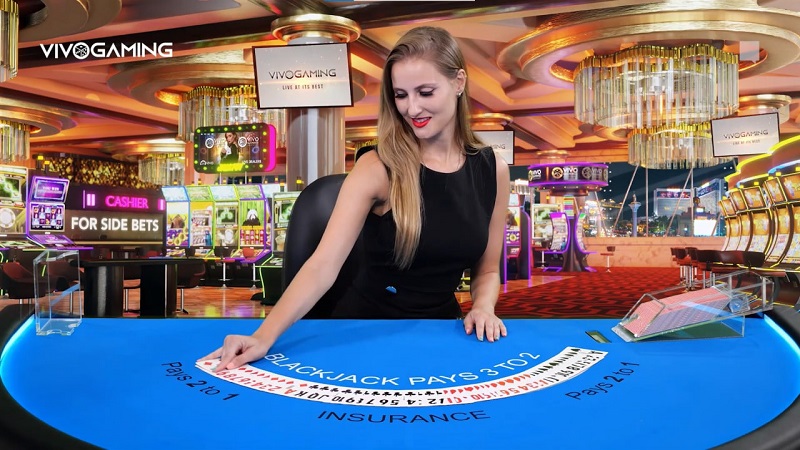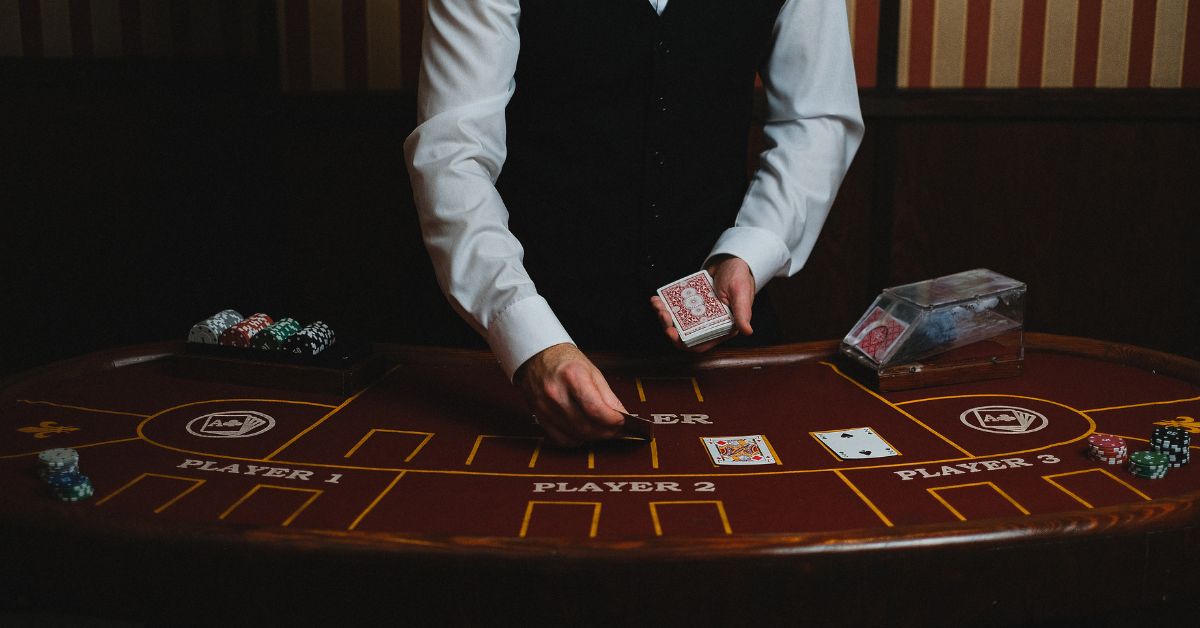Cooling off: What does it mean when talking about casinos?
The Finnish gambling market is on the brink of a major transformation. As the nation prepares to implement a licensing system in 2026, the long-standing monopoly held by Veikkaus will give way to a more competitive landscape.
But with new rules come new challenges, including the debate over whether a “cooling-off” period should be part of the transition.
What does this concept mean, and why might Finland take a different approach from other countries? Read the key changes and their implications.
The legislation for casinos will change in 2026
Gambling in Finland has been undergoing significant changes for quite some time, and the discussion about opening the gambling market to competition is not new. During the current government term, the issue has finally been brought to the table.
In 2026, Finland will implement a new licensing system, marking the end of Veikkaus' previous monopoly as the sole provider of gambling services.
Why is the change necessary?
The aim is to enhance the safety and responsibility of gambling while also generating tax and licensing revenue. Proceeds from Veikkaus have previously funded areas such as culture, sports, education, and social and healthcare services.
In recent years the growing popularity of foreign online casinos Suomi has significantly eaten into these revenues. While foreign online casinos have not been allowed to advertise their services to Finnish consumers, playing on them has been entirely legal.
Finns have typically favored casinos licensed in Estonia or Malta, as winnings from these platforms have been tax-free.
Under the new system, gambling licenses would only be granted to the safest online casinos. This change would align Finnish legislation with that of many other European countries.
What changes can be expected?
The matter is currently under discussion, so not all details are clear yet.
The following changes are currently known:
- Licensing system – Casinos will be required to apply for a license to operate in Finland
- Marketing – Foreign casinos will be allowed to market their services to Finnish consumers, but this will still involve strict restrictions
- Regulatory oversight – Authorities will have greater ability to monitor casino operations to prevent potential misuse
The new legislation aims to curb harmful gambling and ensure that the gambling industry operates in the best interests of society.
Cooling off refers to a temporary withdrawal from the market
The term "cooling off" refers to a temporary withdrawal period from the market before the implementation of a licensing system. During this time, operators seeking a license must refrain from activities that violate the existing gambling legislation.
For example, in the Netherlands, a cooling-off period was applied for two years before their licensing system was introduced. Companies applying for licenses were required to stay out of the Dutch gambling market to demonstrate compliance and reliability.
Due to delays in the legislation, this period was extended to 33 months. Remaining outside the market during this time served as proof of an operator's trustworthiness and became a key condition for receiving a license.
Finland may not require a cooling-off period
According to Vixio’s article, Finland’s draft for gambling legislation does not currently include a cooling-off period. On one hand, this approach could make the licensing process faster and less restrictive for operators who wish to enter the Finnish market.
It might encourage competition and bring quicker tax revenue to the state. However, it also raises concerns about ensuring that new entrants adhere to Finnish gambling laws and prioritize responsible gaming.
The draft proposes that past violations of gambling regulations could disqualify operators from obtaining a license. While this helps filter out non-compliant companies, it may not fully address trust and compliance issues.
Conclusion
Finland is entering a transformative phase in its gambling industry, with significant legislative changes set to take effect in 2026. Foreign online casinos' casino games have previously been available for Finnish players, but gambling companies have not been allowed to advertise their services to Finnish consumers.
One key debate centers on whether a "cooling-off" period is necessary to establish a fair playing field. Without this transitional phase, operators’ past actions will play a crucial role in determining their eligibility.
















